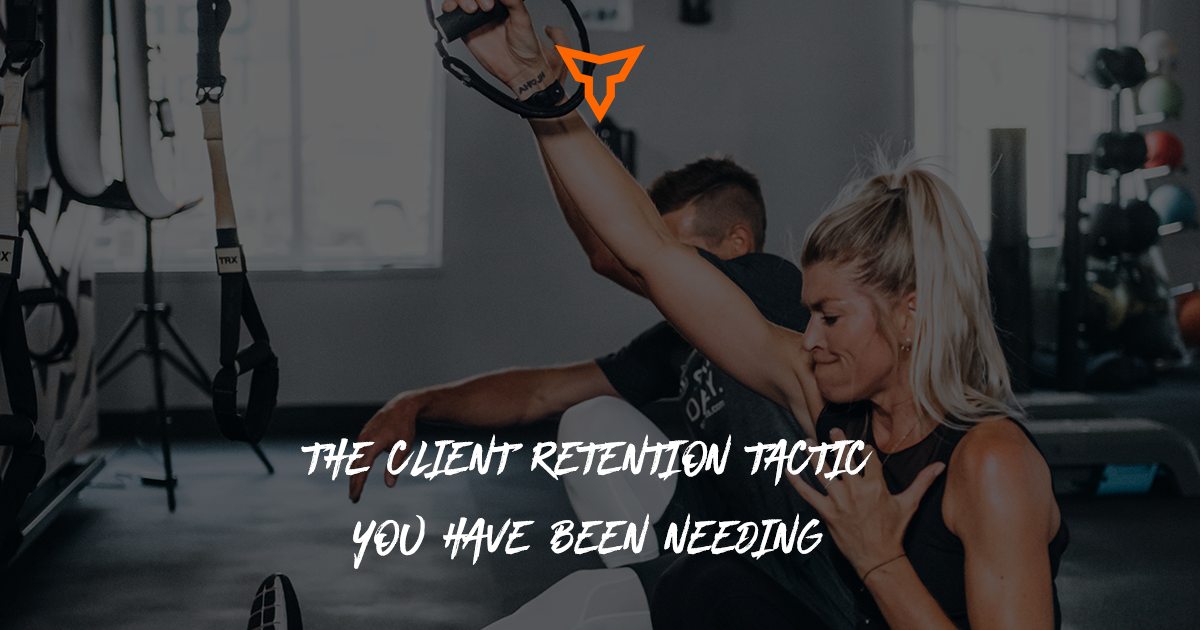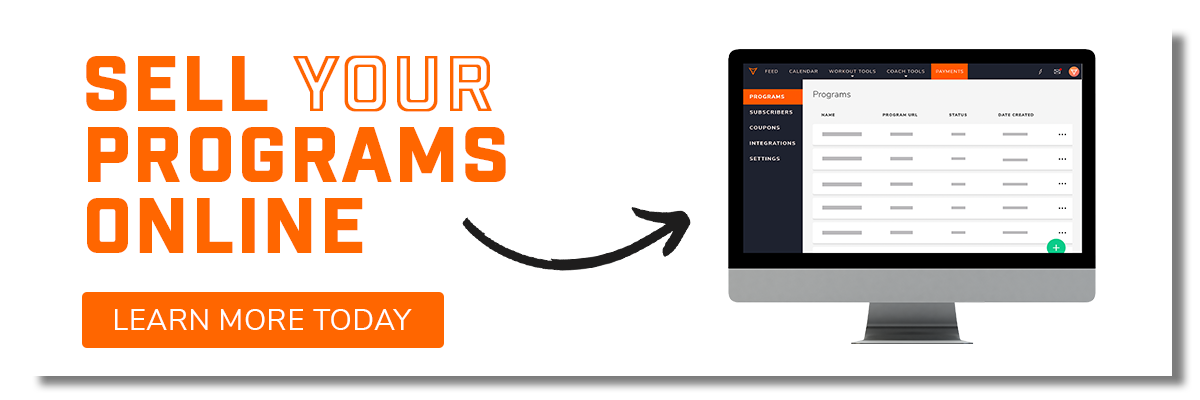Amateurs Have All of the Answers, Professionals Have the Questions
If your Facebook feed looks anything like mine, it’s full of people who used to own gyms and people who used to train clients who are now focused on building a coaching business online. These people found it difficult to scale their brick-and-mortar-based businesses and believe that it will be easier to find and grow a business online. After all, their local demographic does in fact go from being people within a 10-mile radius to being people who live on planet earth with access to wifi and a smartphone.
When I press the people who I know who are doing this for insight about their businesses, they level with me. “At first it was very hard and slow, then it kind of exploded and I was making more money than ever before, and since then it’s been really really hard to maintain and borderline impossible to grow.”, yes, I’m paraphrasing because they only share their truth with me after many prying questions.
Why is this the case? Why do they find almost immediate success and then find themselves in a more dire situation than they were when they were running the business that gave them some sense of autonomy? There are two major reasons that I believe contribute to this more than any others.
The revenue our businesses afford us is a direct reflection of the skills and acumen that we have developed. I’ve learned what it takes to build a company to about $4M/year. I’ve built two, seven-figure businesses in the last three years, and I am yet to be able to get one of them to 8 figures. I promise you, it doesn’t matter how much money you are bringing in, there will always be a desire to continue to grow. When things stagnate, it can be extremely frustrating no matter what top or bottom line revenue looks like. Humans crave growth. The easiest way to break through that internal frustration and see rapid growth is to start a new business. That new business will quickly grow to the same level as the business you currently operate, you know how to get there. It’s a skill set. The problem with taking this leap is that you have the skill set to run one business, not two. So what can, and often does happen is that the thing that is growing occupies most of your emotional energy, you’re forced to discontinue the business that was flat, and you end up with a new business that will soon be flat at the same income figure.
Perhaps the more important reason why these businesses fail is that often they are disingenuous. The people sharing their “perfect processes to live the dream life” are in the middle of figuring it out for themselves. It’s hard to believe someone who last month owned a training business who this month is teaching you how to be a better husband or wife and parent at the same time. Where is the expertise coming from? How long have you been teaching this? What are your client results?
When you truly are a professional, these things exist, you have steeped in the hot water for long enough that the hot water has become you and you it. These questions are fewer and further between and your opportunity goes from having to answer questions to establish commonality and credibility to asking questions to identify whether the prospect you’re talking to is indeed a good fit to bring on as a client.
You won’t find professional coaches providing answers in the DM, they’re asking questions. You won’t find professionals chiming into the comment section with answers, they’re asking questions to gather the information that they need to provide thorough support. And you won’t find professionals selling their solutions to any prospect with a credit card and a heartbeat, because the professional first and foremost protects the professional’s time. It’s the only thing they have that is more valuable than their experience, their service, or their money.
“How do I squat more weight?” The amateur answers with their one or two go-to cues.
“How do I squat more weight?” The professional asks why you want to squat more weight and what you have been doing thus far.
“How do I lose 20 pounds?” The amateur starts talking about macro calculations and interval training.
“How do I lose 20 pounds?” The professional asks why 20 pounds and what you have tried in the past that has worked or failed for you?
“How do I sign up?” The amateur shares an enrollment link.
“How do I sign up?” The professional says “may I ask you some questions to make sure you are a fit for this?”
“I need to make more money” is something an amateur says.
“What would I need to do to make more money?” is something a professional asks.
Whatever you do, do it professionally. Develop the skills to demonstrate the results to share the testimonials to build the credibility to document the commonality to earn the freedom to make sure everyone you work with is a fit to be working with you.
#TurnPro
Subscribe to our blog
Subscribe to receive the latest blog posts to your inbox every week.
Related posts

The Client Retention Tactic You Have Been Needing

BRANDED: The Importance of Having a Personal Brand


